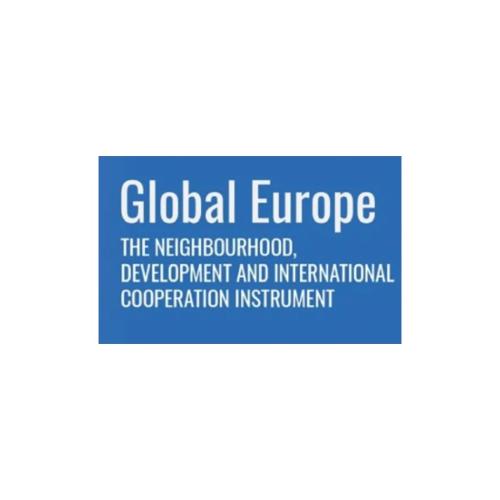What kind of funding does it provide?
It provides funding for a number of actions that tackle country, multi-country, regional and global threats and challenges covering prevention, preparedness, response and recovery actions.
For example, the EU Global Threats programopens in new tab is one of the European Union’s key initiatives to tackle major security threats around the world: from terrorism, organised crime, cyberattacks, and threats to maritime security, chemical, biological, radiological and nuclear risks, and growing security risks linked to climate change.
Through a wide range of projects and facilities, the European Commission supports partner countries and communities in building stronger institutions, preventing crises and promoting long-term peace and stability.
Further, NDICI-Global Europe unifies grants, blending and guarantees (the latter previously subject to specific rules and regulations, such as the European Investment Bank’s (EIB) External Lending Mandate), which allows the EU to strategically promote public and private investment worldwide in support to sustainable development through the European Fund for Sustainable Development Plus (EFSD+).
